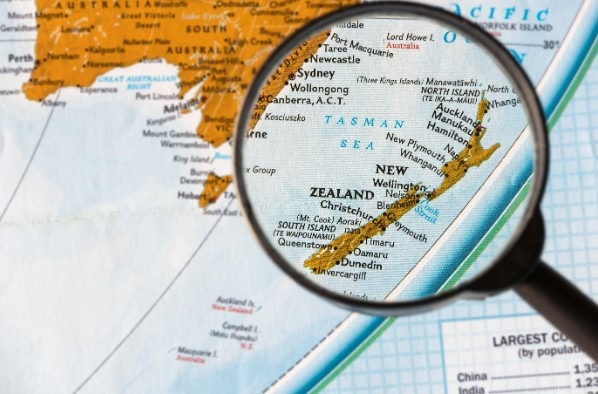Meta Description: The NZ government plans to take legal action against publicans that overlook gambling abuse. Read on to understand how this will impact the gambling markets.
Even as the New Zealand government announces tighter regulations around pokies and harsher penalties for violations, many think it just won’t be enough to curb gambling addiction and abuse.
One person who feels the penalties are not harsh enough is the son of late pokie addict Morgan Barrett. On the day Barret suffered a heart attack and passed away, he had just emptied his life savings of half a million dollars. The person that allowed Barret to spend copious amounts of money without any intervention was a publican from Christchurch. In 2021, the prosecution fumbled the case against the publican that had allowed Barret to spend $75,000 on his slot machines in just under 300 days. Now, Barret has left his widow with $46.
Proposals to Reduce the Appeal of Pokies
Barrett’s case revealed a statutory void, so the government has begun considering new legislation to bridge the gap. It has recommended spot fines for bar owners and bar staff that don’t track gambling spending by their patrons. Furthermore, there are also various ideas in consideration to make slot machines less addictive. These include reducing the value of jackpots and also displaying how much players have really lost.
Even though advocates like Barret’s son think this is too little too late, the slot machine sector has voiced its opinion against the proposals. The iGaming industry in New Zealand claims that the implementation of such ideas will not curb gambling addiction, but will only serve to reduce the net worth of the sector. This will, in turn, negatively affect the $300m grants provided to community groups annually by the pokie sector.
One such community group that could see its funds drastically cut is the Life Education Trust. This is the group that takes around the mascot Harold the Giraffe through various schools spreading healthy living messages. The pokie fund contributes up to 30% of the total income of the trust and without it, it could shut down or have to start charging schools for its services.
No doubt the rise in popularity in gambling has shot up, and consequently, so has the issue of problem gambling. This is not a minor issue to be swept under the carpet. Plain and simply put, it’s an epidemic. Moreover, providers are sprouting left right and center in various jurisdictions around the world and the New Zealand market is an example of this. One must also acknowledge the fact that problem gambling is not limited to land-based casinos, there has also been a huge rise in online casino usage, and similarly an increase in addictive behavior.
A draft circulated by Jan Tinetti, the Internal Affairs Minister, talks about how there is a lack of legislative framework and how the Barret case revealed it. These gaps in legislation particularly apply the prosecution of bars, pubs and clubs where in-person gambling occurs.
The paper goes on to propose various changes. This calls for bar staff to frequently look over their pokies and have conversations with any that has spent more than two hours at a pokie machine. It also suggests maintaining a log of players that have displayed symptoms of being a pokie addict. The paper further calls for the removal of all ATM machines at any venues that also houses pokie machines. Other suggestions include mandatory pre-set limits prior to the start of a gaming session, motivating players to ‘self-exclude’, requiring addicts to have gone through counseling before they can take a seat at a pokie again, training bar staff to implement all of these changes and also issuing fines of as much as $1000 for staff or bar owners that don’t follow the set protocols to curb gambling addiction.
Additionally, it also discusses how slot machines must be re-calibrated to where the jackpot amount is reduced, the maximum bet allowed is no more than $2.50, and players should be shown their overall net losses frequently.
The Gambling Industry Contributes $20m Every Year to the Problem Gambling Foundation
According to the head of the Gaming Machine Association, Peter Dengate-Thrush, the proposals are not specific enough and could prove too expensive to actually implement nation-wide. Dengate-Thrush says that the Gaming Association already contributes $20m every year towards to the Problem Gaming Foundation, but is yet to see any reduction in problem gambling and so would like to understand how their donations are actually being used for the said purposes.
The Gaming Machine Association is strongly in opposition of making slots less attractive to play. Instead, they believe more funds should be directed towards training and awareness programs. By making slots less-appealing, the turnover received would be severely impacted and this would have negative consequences for the funds of various sports, arts and community groups’ funds.
The Ministry of Health says 0.2% of people are problem gamblers. By reducing the appeal of slot machines, it affects gaming for the other 99.8% of gamers. Dengate-Thrush compared the proposals to banning alcohol completely just stop a small percentage of alcohol addicts. It was something that was tried and was not effective at all.
If the NZ government reduces the attractiveness of pokies, players may simply take their money to online gambling sites hosted offshore. This not only does not solve the problem, but also takes revenue out of the country.

